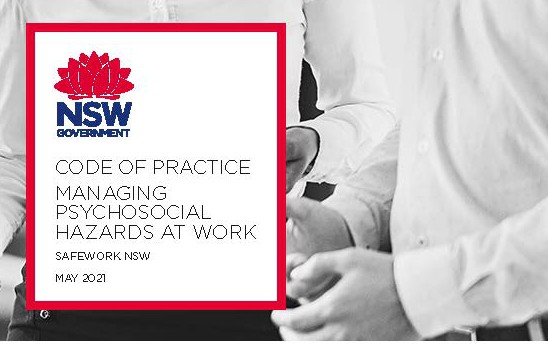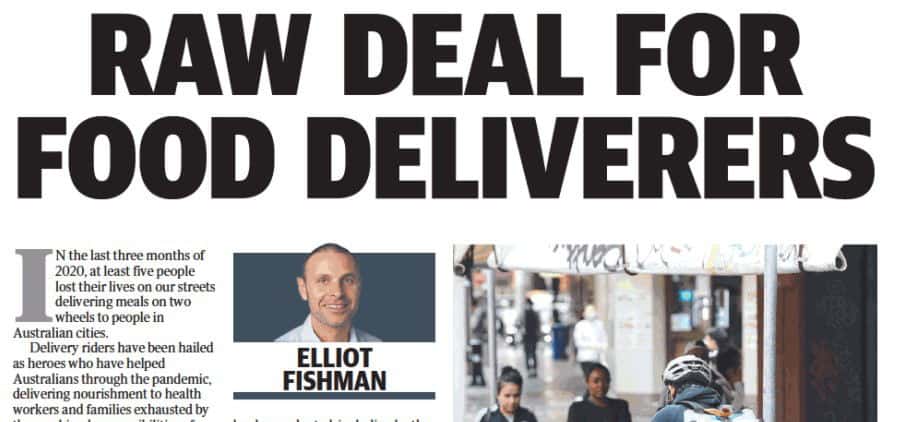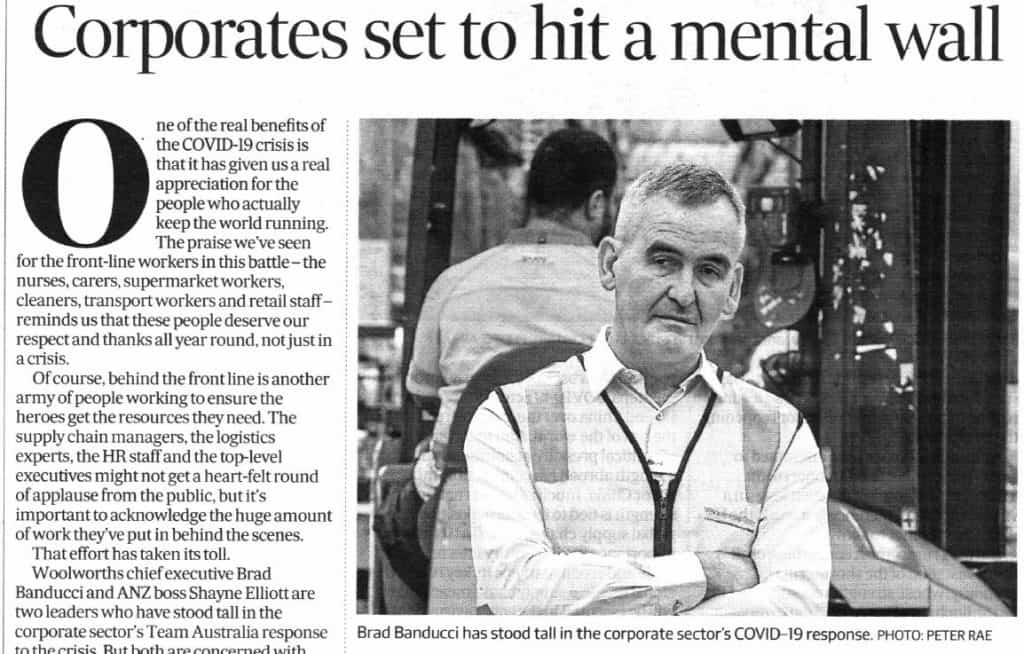Industry groups and employers should accept the reality of their occupational health and safety (OHS) duties, especially concerning sexual harassment. Recently the Victorian Legal Services Board (VLSB) launched an online complaints service for lawyers. According to the September 16, 2021, media release, the service:
“…enables both targets and witnesses of sexual harassment to report what happened, where, when and to whom. Reporters can provide as much or as little detail as they feel comfortable”
The attraction of this service is that one would expect such a service from a legal services board to be spot on with its legal and privacy, and human rights obligations. But then, that comes from a non-lawyer.






